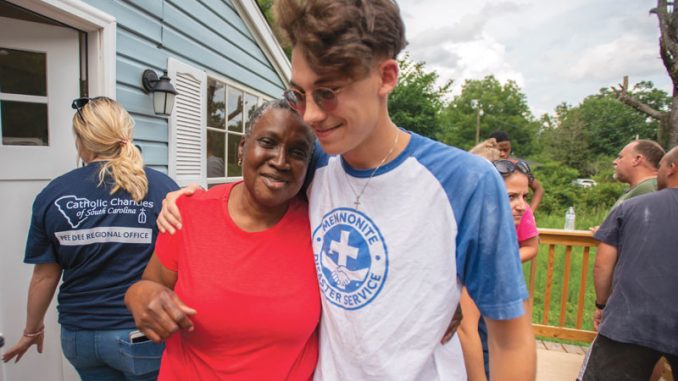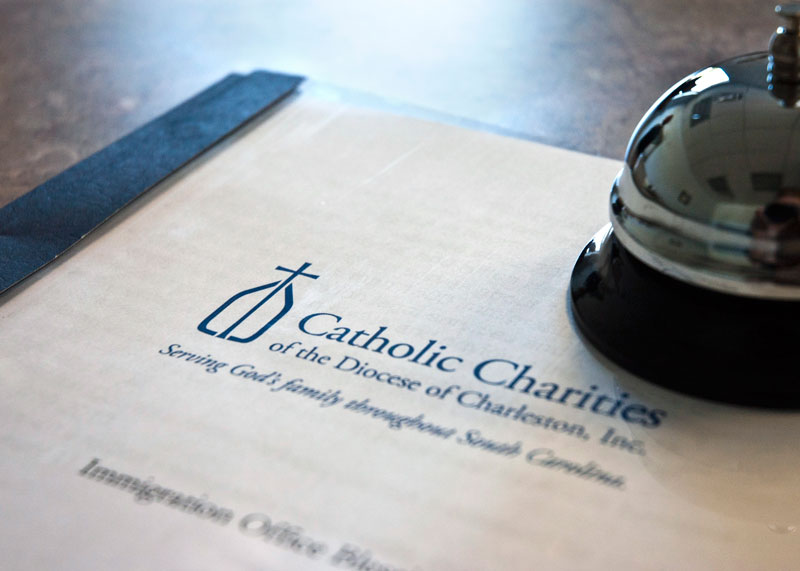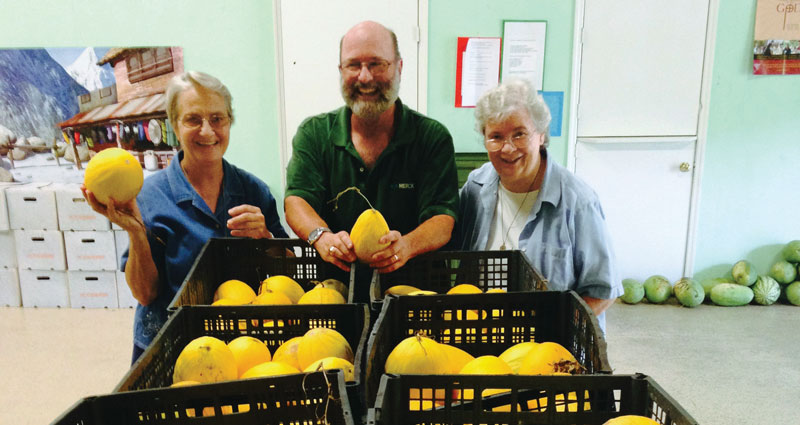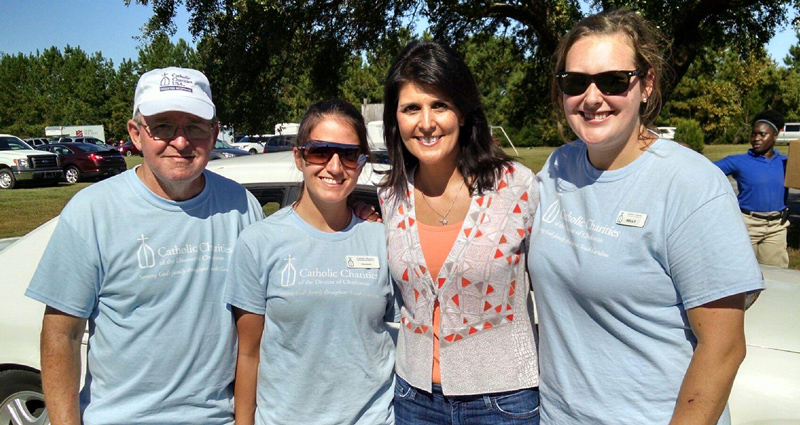
SOUTH CAROLINA—When hurricane season started on June 1, it immediately brought back frightening memories for Romanda McCray.
McCray, a resident of the Bucksport community in Horry County, was one of hundreds of people in that area whose homes were damaged or destroyed by floodwaters from Hurricane Florence last year.
That storm marked the fourth year in a row that the state was hard hit by natural disasters — first the historic rainfall and “thousand-year” flood in 2015, then Hurricanes Matthew, Irma, and Florence, which inundated communities in the Carolinas.
For McCray, the floodwaters from the nearby Waccamaw River that hit record highs took all her material possessions. She and her son were forced to flee their mobile home and have been living with relatives or in motels since then.
“I lost everything and I did not know where I was going to go,” McCray said. “It is so devastating to experience that, hard to even wrap your mind around.”
Hope for McCray came from Catholic Charities of South Carolina, which serves on the front lines of every storm that comes through the state.
The agency’s Pee Dee office works with disaster relief partners such as the Mennonites and other organizations to help flooded-out residents with home repairs.
In McCray’s home, they repaired the roof and replaced drywall, insulation, flooring and cabinets. She and her son were finally able to move back in after a small dedication ceremony on July 12.
Catholic Charities works a hurricane beginning the moment it becomes a threat to the coast — from advance preparations to assistance and rebuilding afterward. And the rebuilding can take many long months.
The agency is still working on cases from Hurricane Florence, said Michele Borbely, site administrator for Catholic Charities of the Pee Dee. She said about 35 houses in the region have been rebuilt, with another 30 still in progress — and the calls keep coming. It often takes time to discover large issues, such as mold and damage to foundations.
“We are still opening more cases from all over Horry County,” Borbely said.
The agency also helped with supplies and rebuilding for residents of other areas hit by Florence, including the small town of Nichols, which was nearly destroyed by Matthew’s floodwaters and then submerged again by Florence.
McCray said she is thankful to the workers who helped her return home and is slowly replenishing her lost possessions, including clothes, dishes and furniture.
“The help I received has been such a blessing, and now that it is hurricane season again, I’m just praying we don’t get another storm or if we do, that it isn’t as bad as the last time,” she said.
The National Oceanic and Atmospheric Administration has predicted a near-normal hurricane season, with 9-15 named storms, of which 4 to 8 could become hurricanes (winds of 74 mph or higher), including 2 to 4 major hurricanes (winds of 111 mph or higher). An average hurricane season produces 12 named storms, of which 6 become hurricanes, including 3 major hurricanes.
This year, Catholic Charities is hoping to help more people prepare ahead of time, especially before the height of hurricane season from mid-August through October.
Case managers have offered classes for children about storms and disaster preparation, and the agency is also planning workshops for homeowners that will feature home maintenance tips to reduce storm damage.
Catholic Charities encourages coastal residents to compile an emergency binder with important personal documents and information such as birth certificates and passports, immunization records, copies of wills, living trusts and power of attorney, insurance documents, medical and pet records and financial documents. Keep the binder in a safe, easily accessible place and take it with you if you are forced to evacuate.
Other suggestions for what to do ahead of time:
* Make a storm plan for everyone, including your pets. Learn evacuation routes for your area. Decide where you will go if forced to leave, whether an evacuation shelter, a hotel inland or a friend or relative’s home. Decide on a meet-up location in case family members are separated. Don’t leave animals behind — if you are a pet owner, pick an evacuation site that allows animals.
* Do needed home repairs and prepare a supply kit. Stock plywood for windows or attach hurricane shutters. Get food, water and other items ahead of time because store shelves run empty as a storm nears. A basic supply kit includes non-perishable food, lanterns and flashlights, batteries, bottled water, and a battery-powered radio. Also, keep cash and extra medications on hand. Store supplies in a waterproof container.
* Get a copy of the South Carolina hurricane guide, compiled by the state’s Emergency Management Division. Download it at: bit.ly/SC-hurricane-guide. Most coastal counties and many communities also offer their own printed guides.
* Reach out to others. Check on friends or neighbors who are elderly, or disabled, or who do not have family nearby. They may need help forming an evacuation plan, getting supplies or making repairs to their homes.



